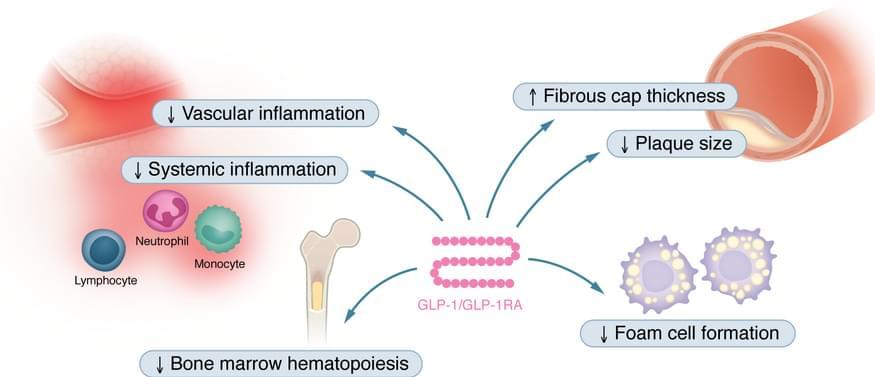A team in China has demonstrated the simultaneous teleportation of multiple sideband qumodes in a continuous-variable system, overcoming a longstanding technical barrier.





Are you considering using AI to help improve your organization? Here’s how AI is accelerating innovation.


Breakthrough improvements to Microsoft’s glass-based data-storage technology mean ordinary glassware, such as that used in cookware and oven doors, can store terabytes of data, with the information lasting 10,000 years.
The technology, which has been in development under the “Project Silica” banner since 2019, has seen steady improvements, and scientists outlined the latest innovations today (Feb. 18) in the journal Nature.


As part of JCI’s Review Series on Clinical Innovation and Scientific Progress in GLP-1 Medicine Florian Kahles, Andreas L. Birkenfeld, & Nikolaus Marx summarize the effects of GLP-1 and GLP-1RAs in the cardiovascular system as well as clinical data of GLP-1RAs in individuals with cardiovascular disease or in those at high risk.
1Department of Internal Medicine I, University Hospital Aachen, RWTH Aachen, Aachen, Germany.
2German Center for Diabetes Research (DZD), Neuherberg, Germany.
3Department of Internal Medicine IV, Diabetology, Endocrinology and Nephrology, Eberhard-Karls University Tübingen, Tübingen, Germany.
